House Budget Committee Holds Hearing to Examine Budgetary Effects of Growing Health Care Consolidation
WASHINGTON, D.C. – Today, House Budget Committee Chairman Jodey Arrington (R-TX), Health Care Task Force Chair Michael Burgess (R-TX), and members of the House Budget Committee held a hearing titled “Breaking up Health Care Monopolies: Examining the Budgetary Effects of Health Care Consolidation.”
Today’s hearing brought together House Budget Committee members and health care experts and stakeholders to investigate the budgetary effects of consolidation in health care markets and policy options to increase competition.
The current trajectory of health care spending in the United States is unsustainable for both taxpayers and patients alike. Total health care spending in the United States totaled over $4.5 trillion in 2022, 17.3 percent of gross domestic product (GDP) or $13,492 per person. More concerning, national health spending is projected to grow faster than the economy over the next decade. Health care spending is expected to grow at 5.4 percent over the next 10 years, while GDP is projected to grow at 4.6 percent.
Consolidation in health care markets has accelerated in recent years, resulting in increased federal health spending and higher costs for patients.
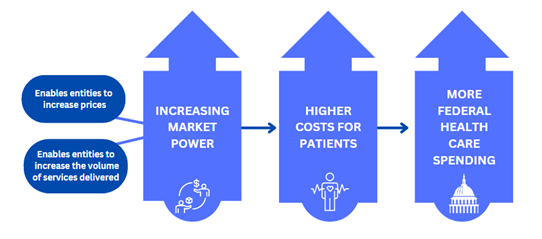
Chairman Jodey Arrington (R-TX):
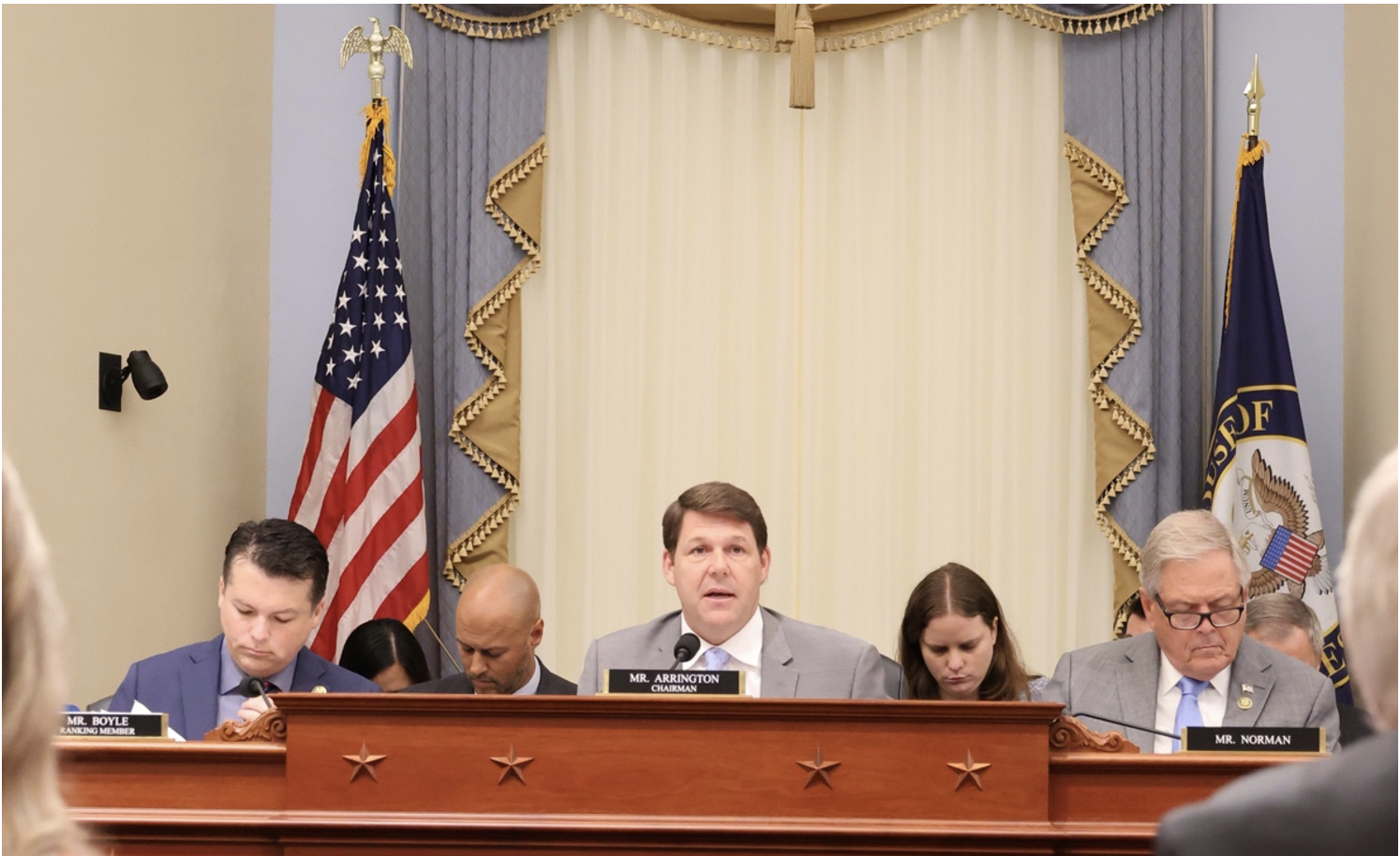
Click HERE to watch Chairman Arrington’s opening remarks
Click HERE to read Chairman Arrington’s remarks as delivered
“To Reverse the Curse, we must address the biggest driver of our debt: federal health care spending. The Congressional Budget Office projects that spending on major health care programs will nearly double and grow from $1.7 trillion in 2024 to $3.2 trillion in 2034, three times larger in 10 years. Federal health care spending will be more than what we spend on national defense…
There were over 1000 hospital mergers between 2002 and 2020. And research has revealed the average price of hospital services increased in that period of time by $521. after hospital mergers occur. Additionally, 41% of physicians are now vertically integrated with a hospital or health systems, at an increase of 12% over 10 years. In cancer care alone, over 700 independent cancer clinics were acquired by hospitals over the period of 2008 to 2020.”
Health Care Task Force Chair Michael Burgess (R-TX):
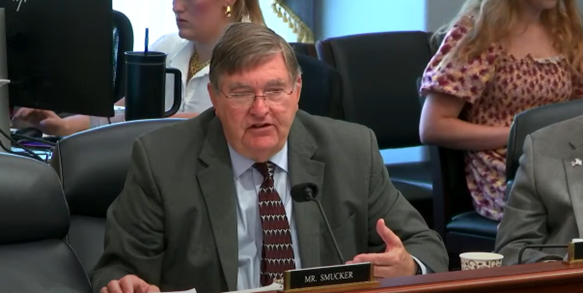
Click HERE to watch Rep. Burgess’s questioning
“Scott Gottlieb, years ago, came and talked to our health care caucus right after the passage of the Affordable Care Act and in 2009, and warned us that this legislation, more so than anything else that has happened in his lifetime, would drive consolidation in the healthcare space, and the results would not be good. And now here we are 15 years later, understanding just what it was he meant by that.”
Representative Buddy Carter (R-GA):
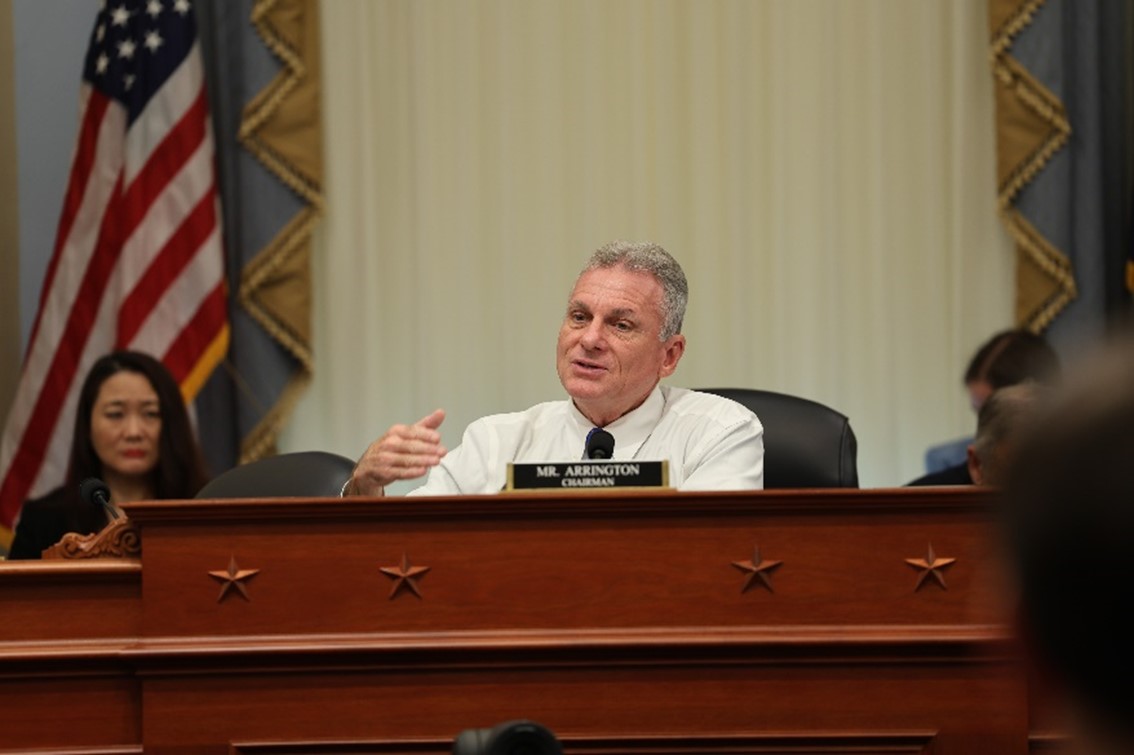
Click HERE to watch Rep. Carter’s questioning
“As many of you know, I'm a pharmacist. I'm the one who had to go to the counter and tell the patient how much their prescription was. I was the one who had to watch a senior citizen decide between buying their medicine and buying their groceries. I was the one who saw the mother in tears trying to figure out how she was going to pay for the antibiotic for her child…
Give me one example of where consolidation in healthcare has saved money.”
“I can’t think of one” -Dr. Chapin White, Ph.D. Director of Health Analysis at the Congressional Budget Office (CBO)
Representative Drew Ferguson (R-GA):
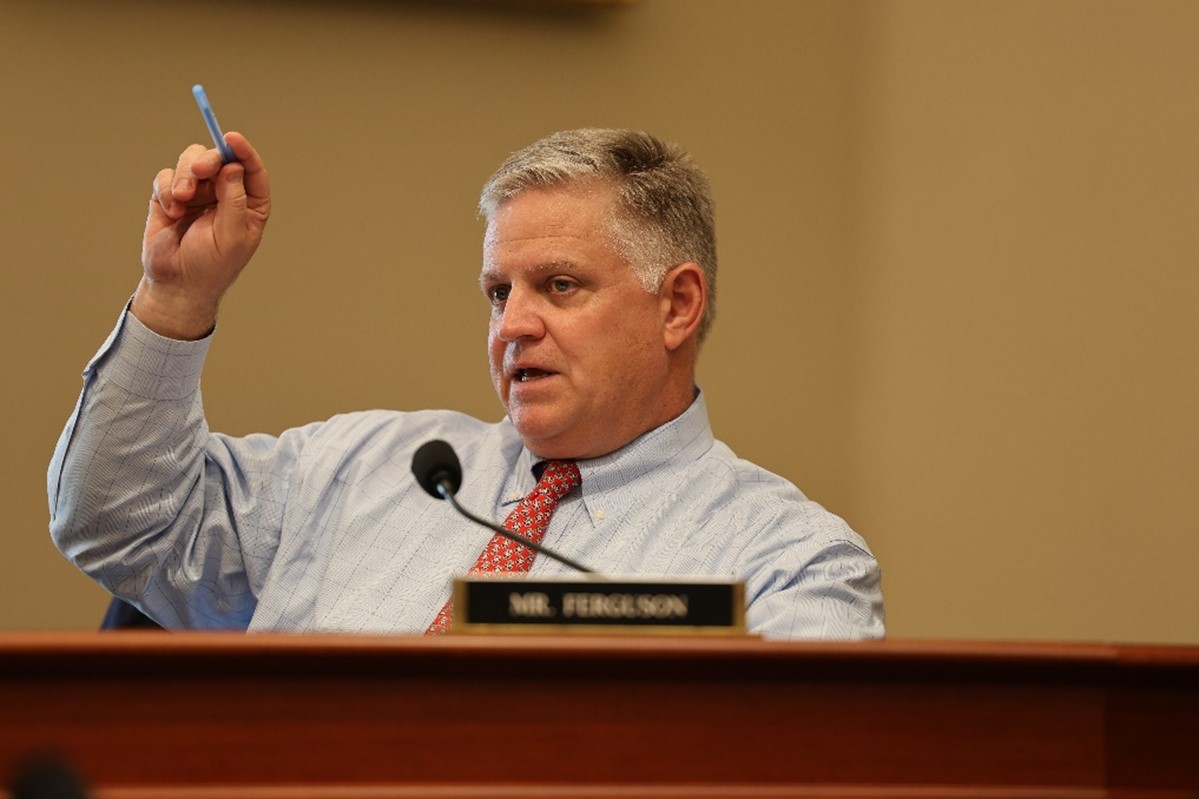
Click HERE to watch Rep. Ferguson’s questioning
“If we believe that there's too much private equity, if we believe that there's a lack of transparency, if we believe that utilization is not where it should be, if we're less healthy, if we're paying entirely too much for our health care right now, and we look at the players that are in the system insurance company, PBM, pharmacy hospital provider, they're vertically integrated.
They're allowed to do that and encouraged to do that, because of the very rules that are in place. Shouldn't we be looking at breaking those rules apart and creating real transparency and competition within the system?”
Representative Chip Roy (R-TX):
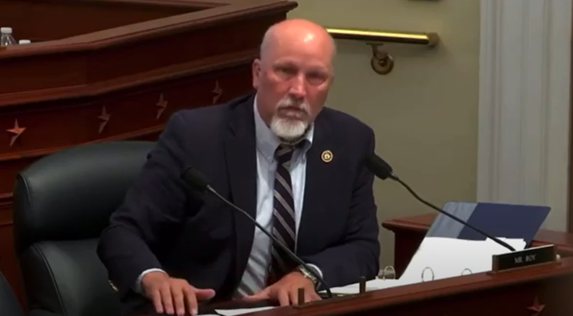
Click HERE to watch Rep. Roy’s questioning
“I think this is what I'm trying to get at is like we have, largely destroyed the market and competition… it’s not free market. It's not free enterprise, it's not competition. Would you agree that there is a fundamental lack of competition to drive prices down?”
“I agree with your conjecture that we really do not have a private system, we never really did have a private system, we have a heavily regulated market. One way to put it, it is extremely expensive to ensure and expand access if you cannot do anything about prices that are currently paid.” -Dr Benedic Ippolito, Senior Fellow in Economic Policy Studies, American Enterprise Institute
Representative Tom McClintock (R-CA):
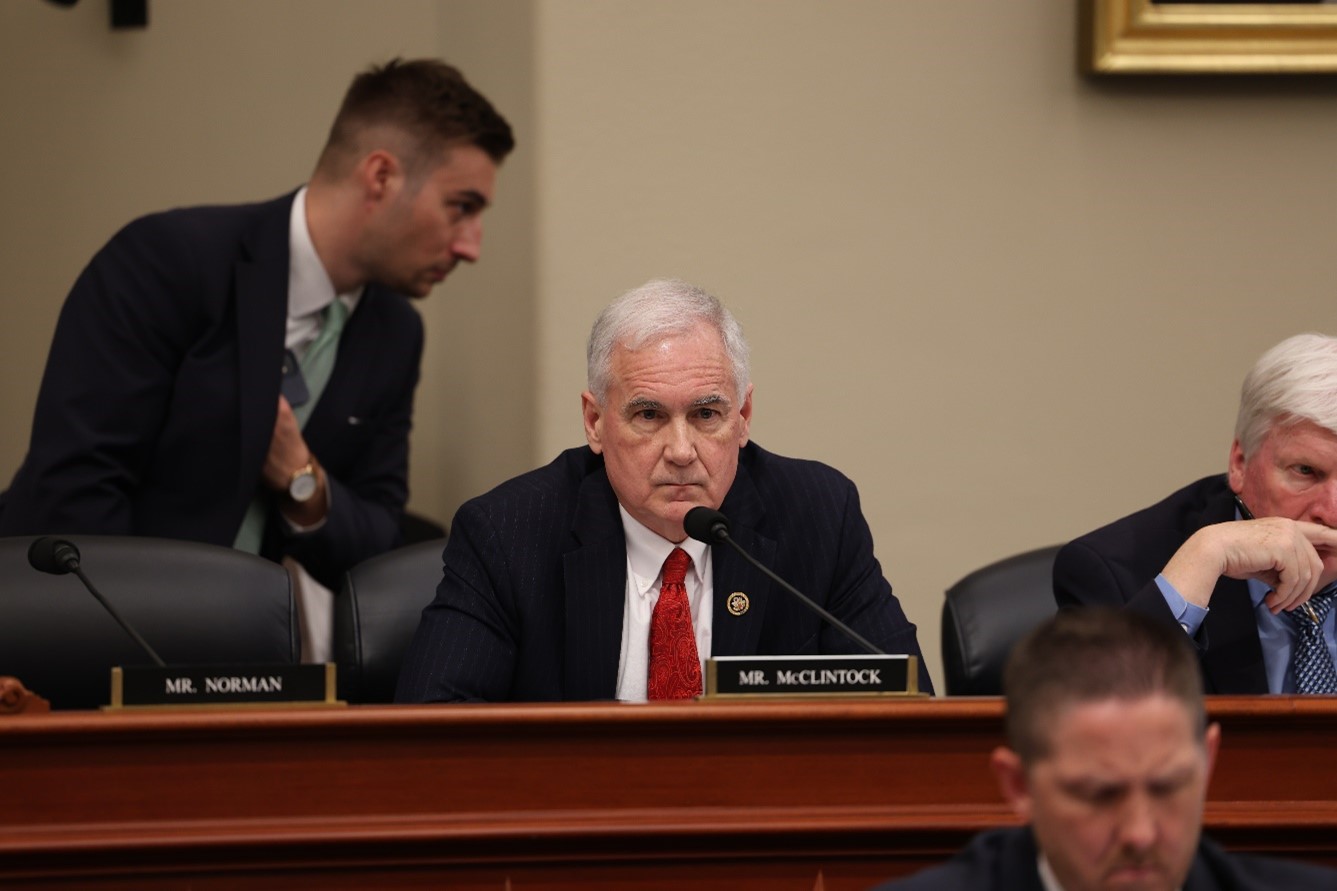
Click HERE to watch Rep. McClintock’s questioning
“As Milton Friedman also pointed out, in every other sector, as technology advances, prices go down… So the spending has gotten higher and dissatisfaction with the system has obviously gotten greater. If that's the case, despite massive increases in government spending and regulation maybe that’s what’s causing it.
All this government intervention and spending has made costs higher, and services have gotten worse.”
Representative Ralph Norman (R-SC):
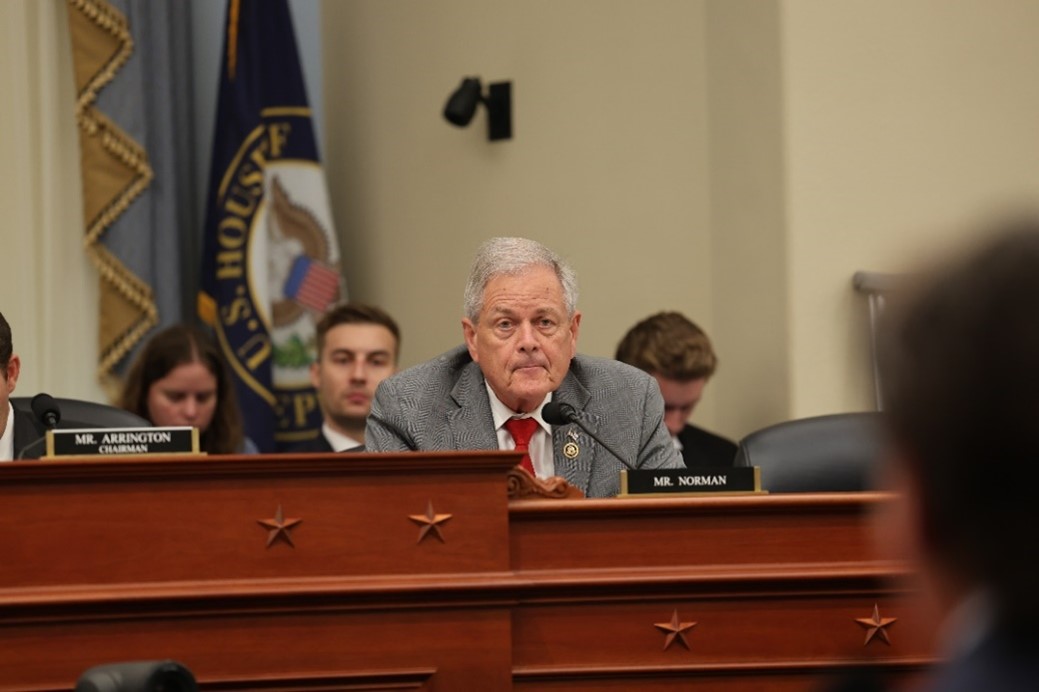
Click HERE to watch Rep. Norman’s questioning
“We can talk consolidation, we can talk things we're going to do, but it's going to take a massive change in and you're going to have to lead the way because you know exactly what needs to be done… This medical field is on a collision course. We can’t afford it.”
The Bottom Line:
The House Budget Committee has been leading the way to combat the unsustainable path of federal health care spending through policies in our “Reverse the Curse” balanced budget, such as bipartisan site neutral payment reform. This policy reform would save taxpayers over $150 billion in 10 years and lower out-0f-pocket costs for seniors, while also serving to combat consolidation of hospitals acquiring independent physician offices.
Additionally, in December the House passed the House Republican Lower Costs, More Transparency Act which included several policy reforms to combat consolidation and enhance free market competition, including equalizing payment for physician-administered drugs in Medicare, increasing price transparency, and requiring an annual report on how Medicare regulations impact health care consolidation.
Click HERE to see more fast facts on health consolidation.
Click HERE for further information on health consolidation.
Click HERE for further information on health spending.


